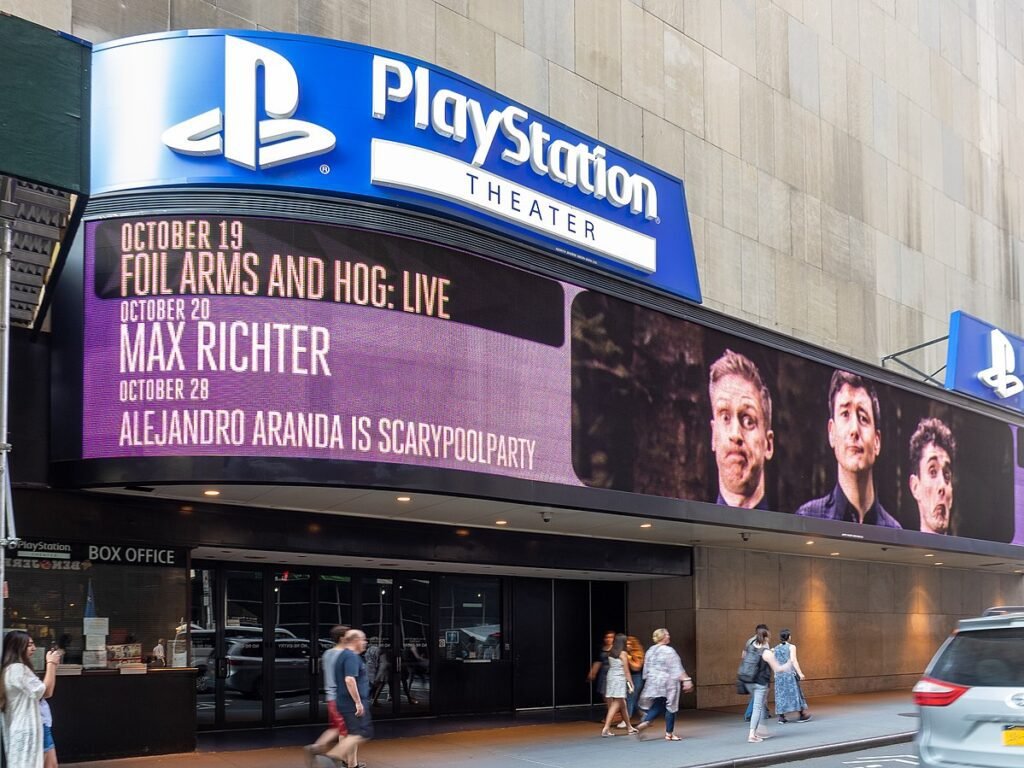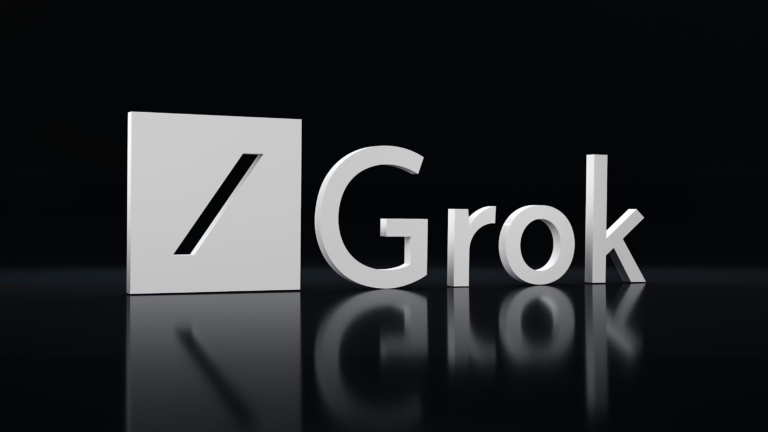After a full 24-hour outage, PlayStation Network (PSN) is back online. This marks the most extended downtime the service has faced since the infamous month-long outage following the 2011 hack. While Sony has reassured players that this incident was not due to a cyberattack, they have remained tight-lipped about the specifics, vaguely referring to it as an “operational issue.” Given the scale of the disruption, many players are left wanting a clearer explanation.
When an online service goes down, especially one that players rely on daily, some level of transparency is expected. Yet, Sony has chosen not to disclose any technical details, leaving gamers to speculate about what exactly happened. For an outage of this magnitude, a more detailed statement would have been appreciated, especially since this affected millions of players worldwide. Whether Sony will elaborate further remains to be seen.

In response to the downtime, Sony is offering five additional days of PS Plus service as compensation. This means that any active subscription will automatically extend by five days before it expires. While this may seem like a reasonable gesture, for many users, it feels underwhelming. Given that PlayStation Plus is a service players rely on to access online multiplayer, cloud saves, and monthly free games, some were expecting a more substantial offer.
Many had hoped for something more tangible—perhaps store credit, a discount on future subscriptions, or even free games, similar to what was given after the 2011 outage. However, considering the sheer number of PlayStation Network users—an estimated 116 million daily active users as of 2024—it’s clear why Sony may have opted for a minimal compensation plan. Offering even a modest amount of store credit would have cost Sony hundreds of millions of dollars. That said, five days of extra service doesn’t feel like much of a meaningful gesture, particularly for those who plan to remain subscribed long-term. It doesn’t offer any immediate benefit, nor does it acknowledge the frustration of a full day of interrupted gaming.
This outage disrupted a significant number of games and live-service events, some of which had to be postponed or extended due to the downtime. Interestingly, many game developers and publishers provided more real-time updates and engagement with players than Sony itself, leaving some wondering why PlayStation’s communication was so sparse. The lack of detailed information fuels speculation, with some players questioning whether this was truly just an “operational issue” or something more concerning.
While there’s no concrete evidence to suggest this was a security breach, the skepticism is understandable. In the gaming industry, prolonged downtime often raises red flags about potential hacks or security vulnerabilities. Sony has historically been upfront about past cyberattacks, such as the 2011 incident that resulted in compromised personal data. If this were a similar situation, legal obligations would likely require them to disclose it. Instead, their silence suggests this was a purely internal technical failure—though that in itself raises questions about the stability of their infrastructure.
For a company that relies heavily on online services, ensuring PSN remains stable is crucial. Outages happen, but when they extend for an entire day—especially over a weekend when players are most active—it’s bound to cause frustration. The fact that Sony hasn’t provided more reassurance about how they’ll prevent future disruptions only adds to the unease. Given the increasing reliance on cloud-based gaming and digital downloads, any extended downtime highlights just how essential a reliable network is for modern gaming.
So what does this compensation actually mean for players? There’s nothing to claim, no code to redeem—just an automatic five-day extension that will apply to all active subscribers. For those who intended to let their membership lapse, this won’t hold much value. For regular subscribers, the extra days may go unnoticed. In the end, it’s a small gesture, and many will feel it doesn’t adequately reflect the inconvenience caused by the outage.
Perhaps Sony will offer additional communication or reassurance in the coming days. Right now, however, players are left with more questions than answers. The situation serves as a reminder of how dependent gaming has become on online services and how even a single day without access can cause significant disruption. Whether Sony takes steps to prevent another incident like this remains to be seen, but for now, the five-day extension is all players are getting.








